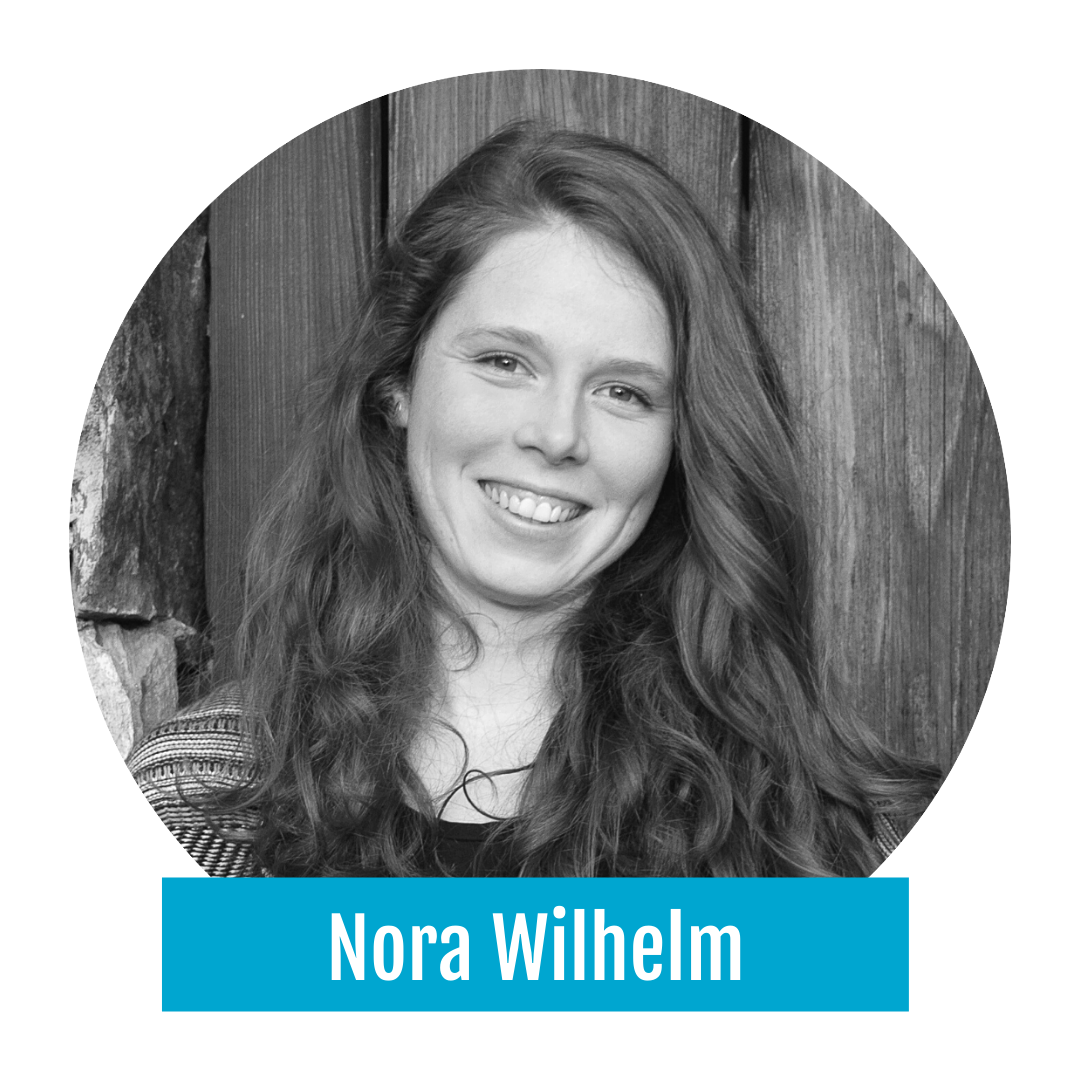Fundraising resources & templates
The first time I received any funding to make something happen was over 10 years ago. When I was 17 or 18 years old, I got 500 CHF from a local foundation to organise a regional session of the European Youth Parliament (EYP) Switzerland. 500 CHF! For a one day session! It was such a success that we could even get croissants. Deluxe snacks for young changemakers! The sum seems laughable now, but I remember how amazing I felt at the fact that someone believed in what I wanted to do enough to fund it.
As my journey in EYP continued, I began calling companies for larger sessions, larger sums, and eventually ended up sitting in the fancy offices of CEOs negotiating contributions to our International Session, Laax 2016. Before I knew it, I was training and supporting others in fundraising, even though I had never received any formal training in the field, nor considered this a passion of mine. What drove me was simply the wish to make some of these dreams a reality. Little did I know that I was in the meantime building an important skill that would also later help me advance systems change.
The thing is, fundraising can be hard. There’s many reasons for that, and it goes far beyond the low success rate of fundraising efforts. I’ve began to understand just how much of an obstacle the lack of funding is for change when we starting collaboratio helvetica. We’re working to address these systemic barriers, such as the structures by which funding is allocated, but in the meantime there’s already much we can do to make fundraising less painful and more equitable.
One thing we can do is support others by sharing our knowledge and resources. This can be either with hands-on training and support, which we are offering in the context of the Catalyst Lab and the Tomorrow Lab, or by sharing resources and knowledge. In this toolbox entry, we are outlining the basic contents of fundraising applications, sharing different examples and templates that you can use. Let’s get started!
A fundraising application generally contains the following elements:
Dossier: this is a several page document introducing your project, what it is all about, what it’s goals are, who the target group is, what expertise the team members have, .etc.
Timeline: this could be a document or excel table highlighting what steps will be taken when
Budget: a spreadsheet introducing the details of what your project costs
Financing plan: a spreadsheet introducing your intentions or plans regarding how the project will be financed
Cover letter: a nice letter giving a brief introduction to the project and making the link to the funder you’re contacting
SwissFoundations has published a guide called “Das perfekte Gesuch”, “Aide-mémoire pour l’établissement de demandes de soutien” in French. It’s a useful resource, especially for beginners in fundraising.
Here, you will find templates of a dossier, timeline, budget and financing plan. Have fun experimenting with it!
We hope this helps you in your fundraising endeavours, and in making your dreams a reality. Good luck!
Keep an eye out for fundraising support workshops part of the Tomorrow Lab
You can post your project on the platform and ask for fundraising support or ideas
There is a group on the platform for (international) fundraising opportunities, shared weekly
Feel free to reach out to Julia if you would like to book an individual fundraising coaching session (cost)
Nora Wilhelm is the Co-Founder and Catalyst of collaboratio helvetica. She has a background in youth engagement and active citizenship (European Youth Parliament) and specialised in collaboration, self-organisation, ecosystem leadership, systemic change and social innovation. Beyond facilitating multi-stakeholder processes and social innovation labs as well as promoting the Sustainable Development Goals (SDGs), she is a renowned young leader, advocate and speaker, recognised for her work by the Swiss government, UNESCO, Forbes 30 under 30 and other institutions.

